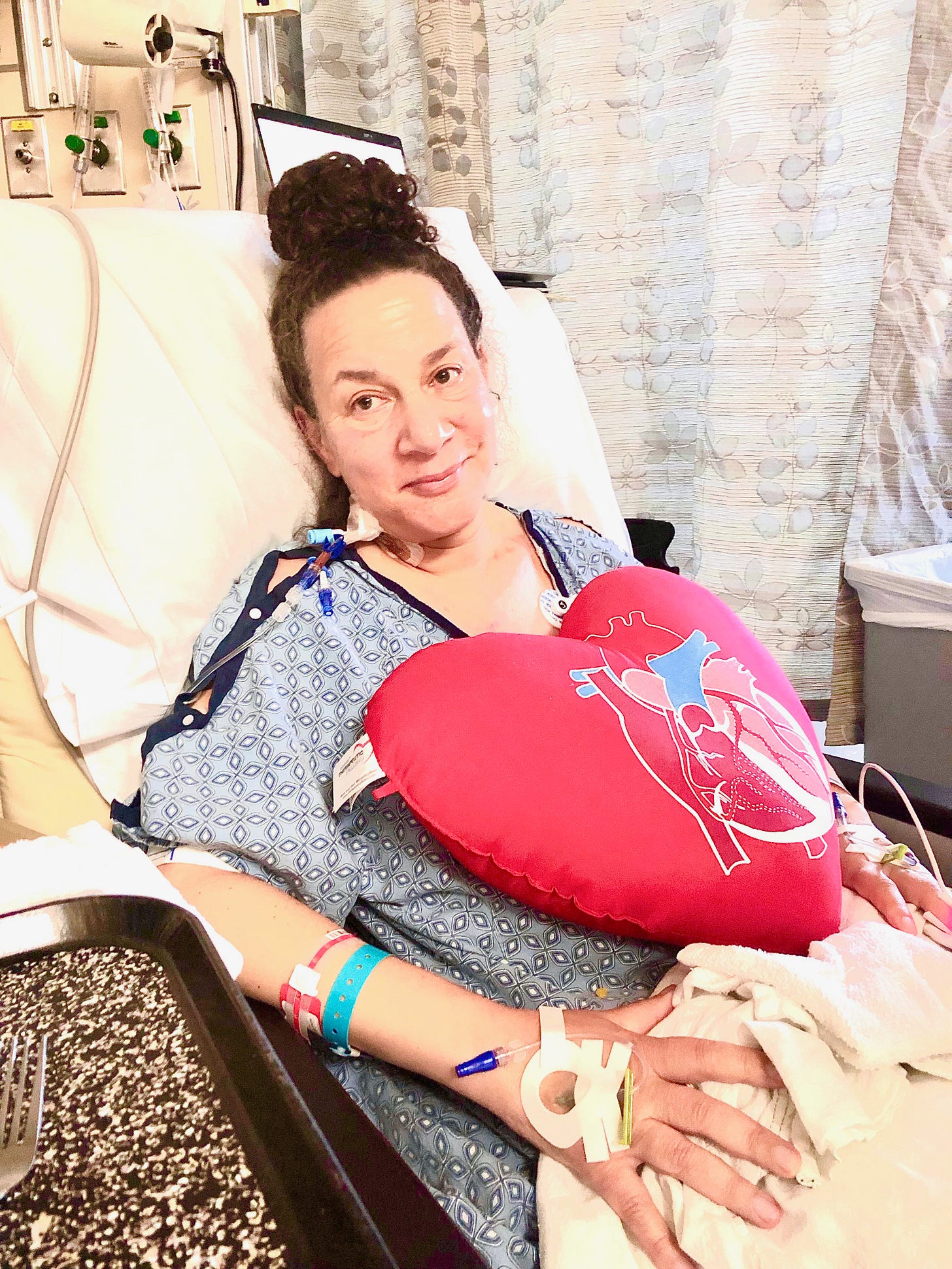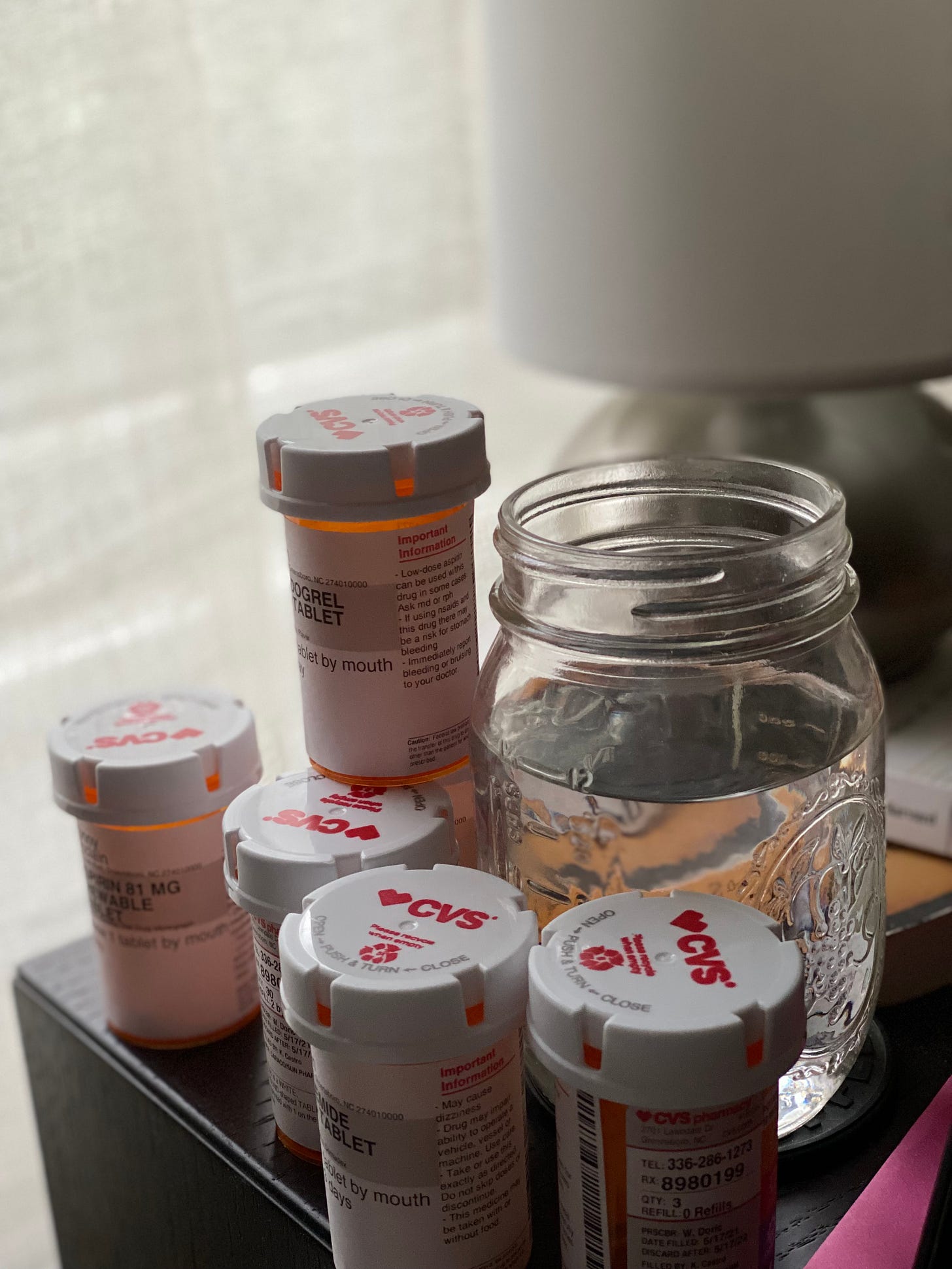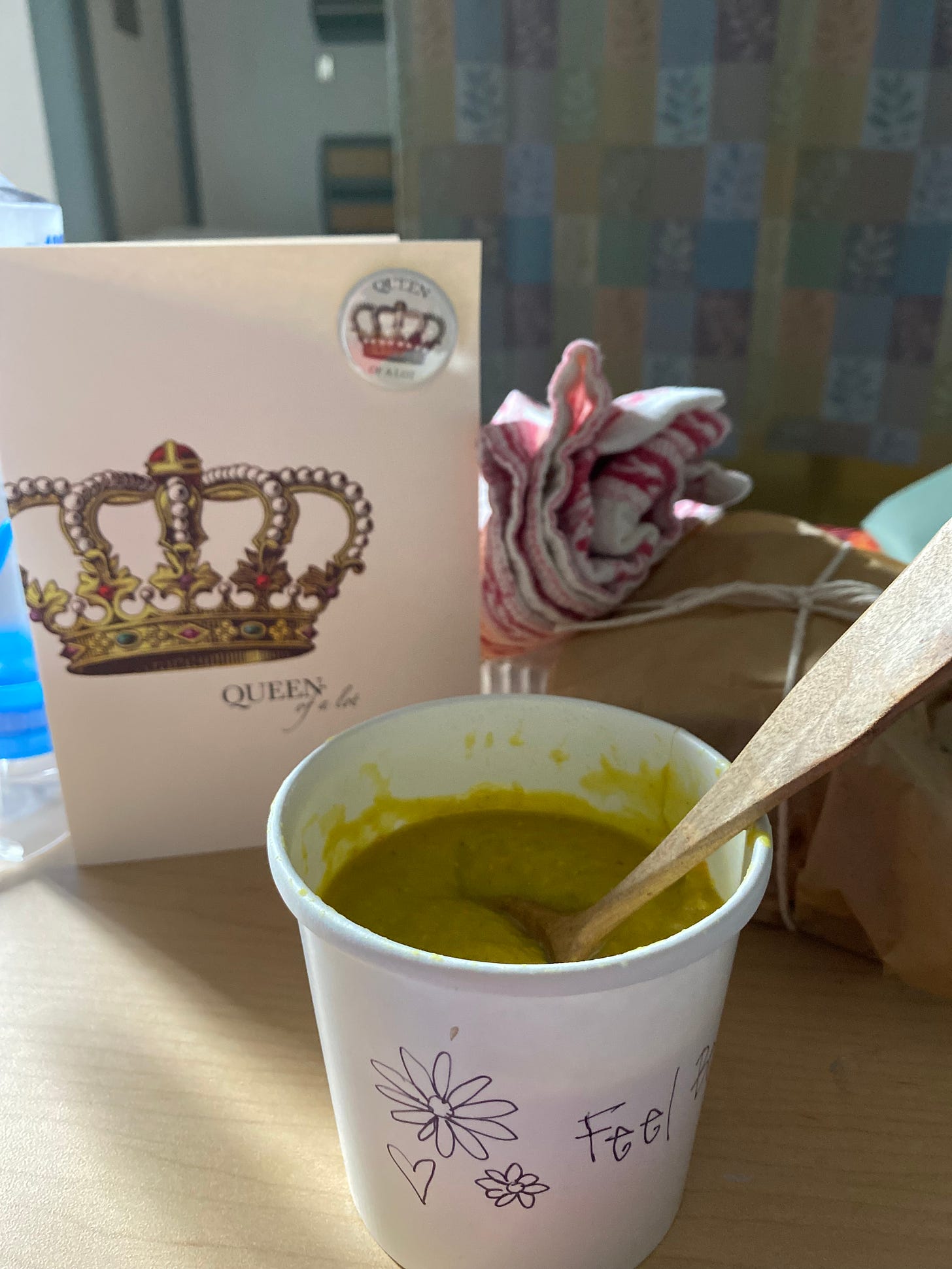One day you will tell your story of how you’ve overcome what you’re going through now, and it will become part of someone else’s survival guide—Brené Brown
I won’t bore you with the longitudinal path of my pre-existing condition—mitral valve prolapse—but it landed at myxomatous degeneration requiring surgical intervention sooner rather than later. So 1 week ago today, I had open heart surgery.
The team was somewhat gobsmacked how I ran 267 miles just this last January, completed an ultra race in 2019, and hit the trails and roads on most days albeit a bit slower over the years but heck, I am also not as young as I used to be. If I was to be honest with myself, I think I knew it was coming. Echocardiograms were becoming dramatic and straightforward to read even from my perspective.
Potentially I could return to my work life and simply notice the surprisingly small scars from time to time. Minimally invasive surgery passes between the ribs so no bones were impacted. I had refused pain medications so technically I could have driven home alone.
But I felt like I wanted to say something. You have a lot of time for your thoughts during recovery. To ignore the impact on my personal or even professional life seemed disingenuous. Many of us find it easier to share our successes but not our humanity. A few opportunities I was looking forward to have been postponed or cancelled. But what I have learned over the years—most are cleared away to make room for something bigger. I continue to write one book on Geospatial Analytics—Python for Geospatial Data Analysis: Theory, Tools, and Practice for Location Intelligence and another on a particular year in US history, 1963—1963: A Year in Graphical and Statistical Prose. I am writing the second book here on Substack with paid subscribers receiving a copy of the book when it heads out for editorial.
The explanation to the somewhat sudden nature of my intervention has something to do with less than ideal communication, a cautionary watchful waiting approach, and my awareness of my families’ ginormous deductibles. Let’s be honest. When you work as an independent professional the healthcare burden is on you.
As a recovering medical writer—now spatial data analyst—I worked on dozens of cardiology grants, manuscripts, and presentations so I know the milieu but there is something sobering about becoming a patient. The 360 perspective of the wide universe of patient-hood. Those we leave nervously sipping coffee and tolerating awkward conversations in the waiting area because silence would be unsurmountable.
Clearly I appreciate the skill of the surgical teams but the nurses are how we make it through. Somehow, an older patient in the ICU managed to get out of her bed and started to roam from her “room”. One of the nurses on duty was genuinely amused but naturally concerned. I heard her gentle amused voice ask, “Where are you going?” She even paused to listen without interruption before gently guiding her patient back to the bed.
My nurse the first day in ICU brought me all of the jello I could muster. We joked that I had reached the eat your weight in jello post-cardiac surgery milestone.
Another nurse assured a patient in need of a solid bathroom break not to be embarrassed. She was so pleasant and funny about the whole thing. She said something like, “I know what my days are like here”, it isn’t a matter of if, but when. I was tensed in horror in the neighboring bay but suffered no collateral damage. I witnessed the kindness of strangers humanizing people at their most vulnerable.
There are many sick people streaming in and out of hospitals and care centers. Why isn’t prevention a trillion dollar industry? I was definitely guilty of benefiting off the spoils of our profit motivated healthcare system but when you sit amongst its ranks, you realize perhaps you aren’t part of the solution in the way you intended.
The cardiac intensive care unit (ICU) certainly addresses those of us with potentially genetic diagnoses but far more seemed to be ravaged by our food industry, big tobacco, and substance abuse vices that we wave off as divine rights. And then the very same industries circle back to offer us healthier options in parallel to the toxic ones that keep them in the billionaire clubs.
The booming quick service restaurant (QSR) industry in the United States generated a revenue of 239 billion U.S. dollars in 2020. Major players in the QSR industry include bighousehold names such as McDonald's, Burger King, and Yum Brands (KFC, Pizza Hut, Taco Bell).— statista
I considered myself lucky. Although my heart was being a little idiot, I was healthy. Sitting in X-ray waiting for my discharge chest scan everyone nearby was on stretchers. Skin pallor was suboptimal or gentle moans could be heard under the harsh lights. I don’t relax well. I decided to watch how many people touched the phone outside the waiting area. My contribution was to remind everyone to use the Purell or wash their hands. I was surprised how many people were not wearing gloves or had their masks well below their noses.
Eventually I was told I could go home as soon as I made a “solid contribution”. I wish I could have found my way back to my little friend in ICU and find out his secrets. Instead, I took all the nurses offered. Even nauseously sweet sorbitol. When all was said and done I joked that I should be able to bring 4 patients with me as a reward for meeting the challenge in such a stellar manner.
Potty humor, conversations with nurses, physician assistants and residents were snapshots of a uniquely intimate experience I will never forget. We talked about our families, HGTV, and my friend Susan’s homemade vegetarian lunch delivered by my husband. Wrapped in brown paper with twine, a cloth napkin, and soup served with a wooden spoon. I think it made them arch a brow and consider maybe there was more to me then tricking them into removing a catheter or chest tube prematurely in the name of more comfort for me lol.
I gave Andrea my Queen of a lot pin. She was my nurse that first awkward day transitioning from the intense gaze of ICU to more independence. Initially I felt abandoned. The silence pressed on my ears and the slow pace of time made me sad. Eventually she used my computer station to catch up on work so we could have meandering conversations during quieter moments on the floor. Strangely enough I am writing this quick article 1 week to the day of being on cardiopulmonary bypass machine. I have a few deadlines to meet this weekend but thankfully everything is on my schedule.
Back in the ICU or on the floor I watched the data. Machines monitoring progress to recovery. The miracle of being able to look inside my medical charts on my smart phone only minutes after a blood draw or chest x-ray and find results. The morning of surgery an app sent updates to my family before, during, and after surgery.
US healthcare reminds me of jazz. Often incomprehensible, elitist, and hard to follow. One last thing I remembered while being prepped in the operating room was discussing the music that might play during the 2.5 hour surgery. The conversation turned to jazz and I began to hear the melancholy notes of a saxophone. I began to relax. My final words before drifting off might have been that Kenny G is not what I meant by jazz.








